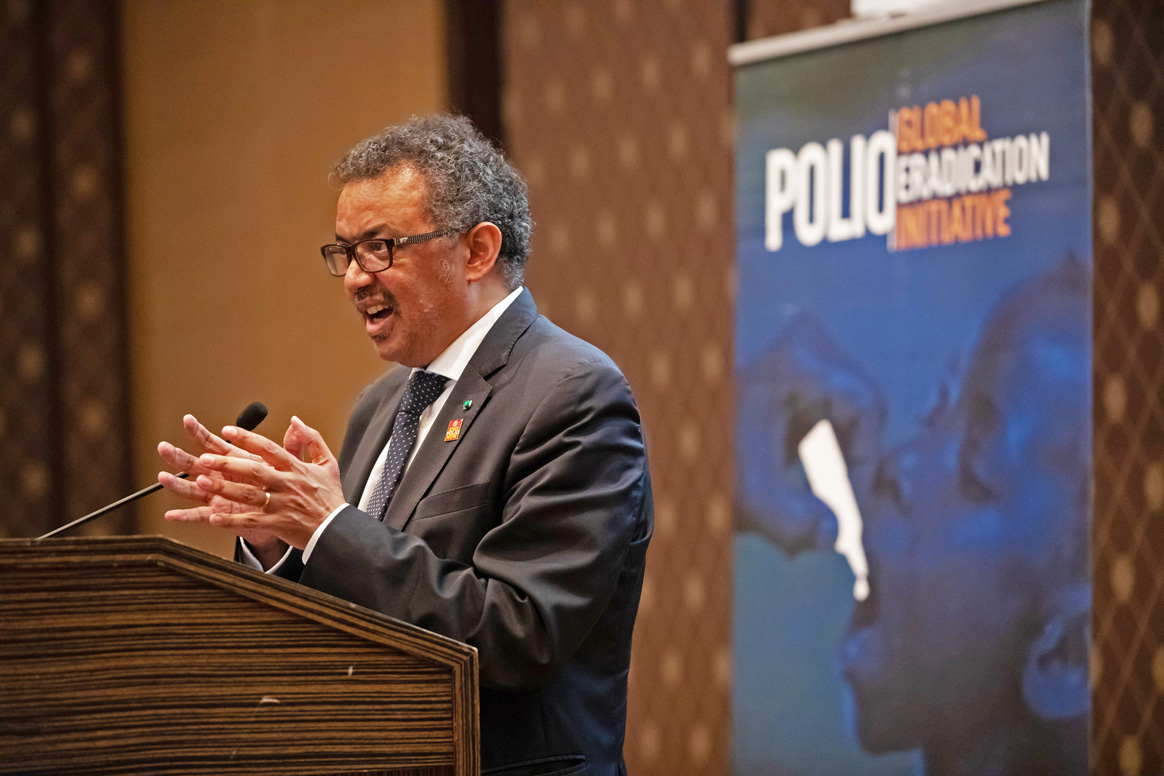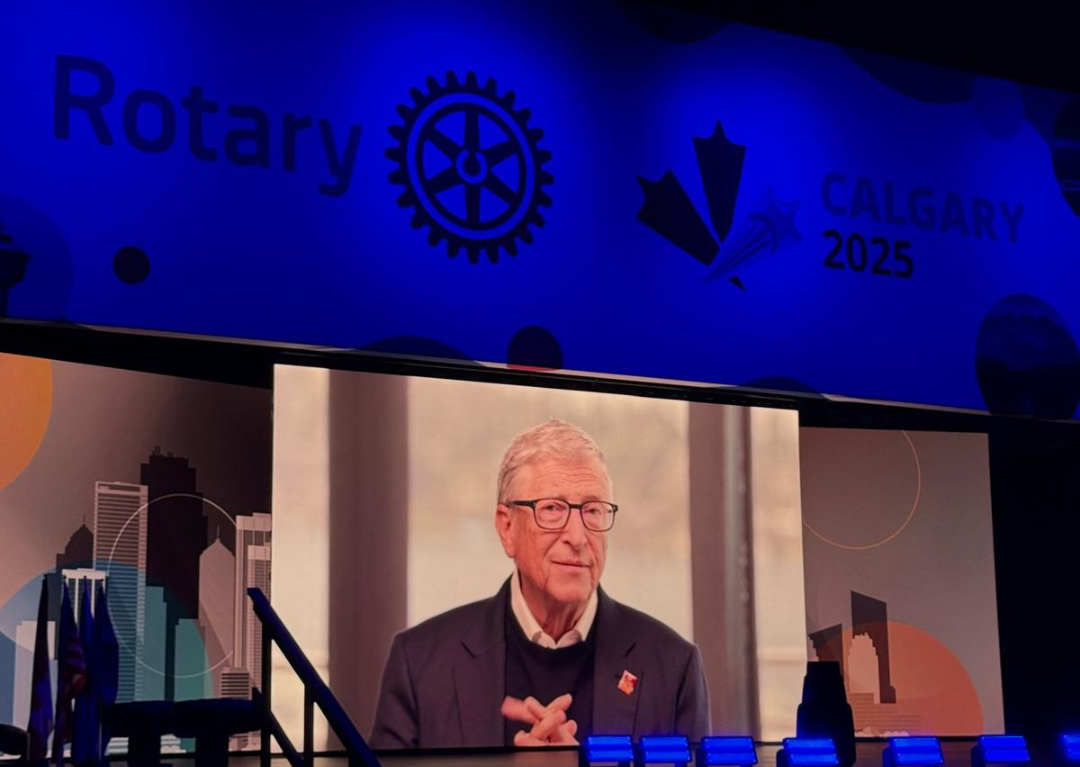
On 24-25 February, the first-ever Ministerial Conference on Immunization in Africa is bringing together African leaders to reaffirm their commitment to reaching all children with life-saving vaccines. As one of the most cost-effective solutions in global health, with clear benefits for health and development, vaccines avert an estimated 2 to 3 million deaths, every year. Universal access to immunization is at the forefront of enabling Africa to reach its full potential – by improving health, driving economic growth and empowering future generations and contribute towards the attainment of the Sustainable Development Goals.
Progress towards polio eradication in Africa is one of the incredible markers of the success of vaccines. Africa has not reported a case of wild poliovirus since August 2014 and polio is no longer endemic in Nigeria – an enormous achievement that brings the region closer than ever to being certified polio-free, so long as we maintain momentum for the next two years.
“The boost in confidence to countries and everyone else involved given by successfully stopping polio is remarkable. Success in public health breeds more success. Governments, communities and partners are energized to take on new challenges because they are riding on the momentum of polio eradication.” Dr Hamid Jafari, Global Polio Eradication Initiative.
We are now over half way through the Decade of Vaccines; yet we are not on set to meet the goals that were committed to by Ministers of Health through the Global Vaccine Action Plan in 2011. Lack of access to health services, a shortage of accurate information on vaccines and immunization, insufficient political and sustainable financing for immunization programmes and inadequate supply of vaccines in some areas all have a role to play.

At this half-way point, taking stock of successes and failures is crucial to illuminate the road forward. The Ministerial Conference on Immunization provides an opportunity to share experiences and lessons learned on implementing innovative strategies to overcome the different challenges in immunization.
Every player has an important role to play. The lessons learned by polio eradication efforts – the importance of country leadership, accountability, community engagement, going the extra mile to reach every last child – can be used to make a sustainable difference for children, long into the future.
We’ve seen how bringing vaccines to the frontlines and engaging communities at all levels from leaders all the way down to families have transformed polio eradication efforts in Africa. This remarkable infrastructure is already working to strengthen routine immunization, by leveraging the existing infrastructure to get more vaccines to more children. By starting to plan now, the remarkable human infrastructure and systems from polio eradication could be used to make a real and sustainable difference to children’s health, long after the polio eradication programme has achieved its goal and come to an end.
At the conference, a session on harnessing the legacy of the polio programme to support other health interventions will bring African leaders and partners together to share the lessons learned over three decades of tireless work. This will provide an opportunity to discuss ways to leverage what we have learned through polio eradication, so that the GPEI’s goal of protecting every child, forever, continues to strengthen routine immunization programmes in Africa.


